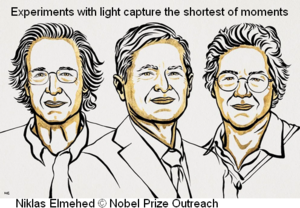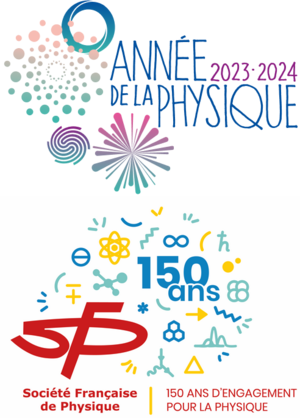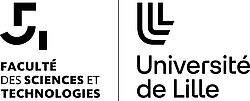the Faculty of Science and Technology
Department of Physics
Welcome to the Physics Department!
The Physics department is part of the 9 departments within the Faculty of Science and Technology. It brings together around a hundred teacher-researchers spread across 3 laboratories in addition to the Physics group of the IEMN, all affiliated with the CNRS and internationally recognized. For more information, please refer to the research tab.
The department offers a comprehensive range of programs, from undergraduate to doctoral level, covering both fundamental, applied, and professional aspects. Details are available under the Training tab. We highlight the possibility of following a bilingual track in fundamental physics and physics-chemistry degrees, benefiting from work-study programs in general applied physics undergraduate degrees, or in the Renewable Energies, Energy Efficiency professional bachelor's degree, as well as in the Instrumentation, Measurement, Quality master's degree. We also offer the DEUST Digital Infrastructures training program, accessible after high school and suitable for adult learners returning to education.
The department is also committed to scientific outreach by offering activities such as mobile physics operations, hosting trainees and classes from middle schools and high schools, as well as training secondary school teachers through the House for Science.
Nobel Prize in Physics 2023: three laureates awarded!

Anne L'Huillier, Pierre Agostini et Ferenc Krausz are being recognised for their experiments, which have given humanity new tools for exploring the world of electrons inside atoms and molecules. The three laureates have demonstrated a way to create extremely short pulses of light that can be used to measure the rapid processes in which electrons move or change energy... See: https://www.nobelprize.org/prizes/physics/2023/press-release/
2023-2024: the year of physics!

Throughout the French academic year, the Year of physiscs brings together the worlds of education and research to highlight the major advances and challenges of physics research in the 21st century. The event is taking place across the country, with a wide range of scientific outreach activities aimed at schools, the general public and students.
Partners include the French Ministry of Education, CEA, CNRS, France Universités, l'Académie des Sciences, CNES, Femmes et Sciences, SF2A, SAF, SFO, Fondation La Main à la Pâte, l'UDPPC, l'UPS and, of course, SFP !
To celebrate 150 years of commitment to physics, the French Society of Physics(SFP) wishes to demonstrate to all interested parties - institutional supervisors, scientists, the media, the general public, schoolchildren, public authorities - the considerable importance that physics plays in science and society.
